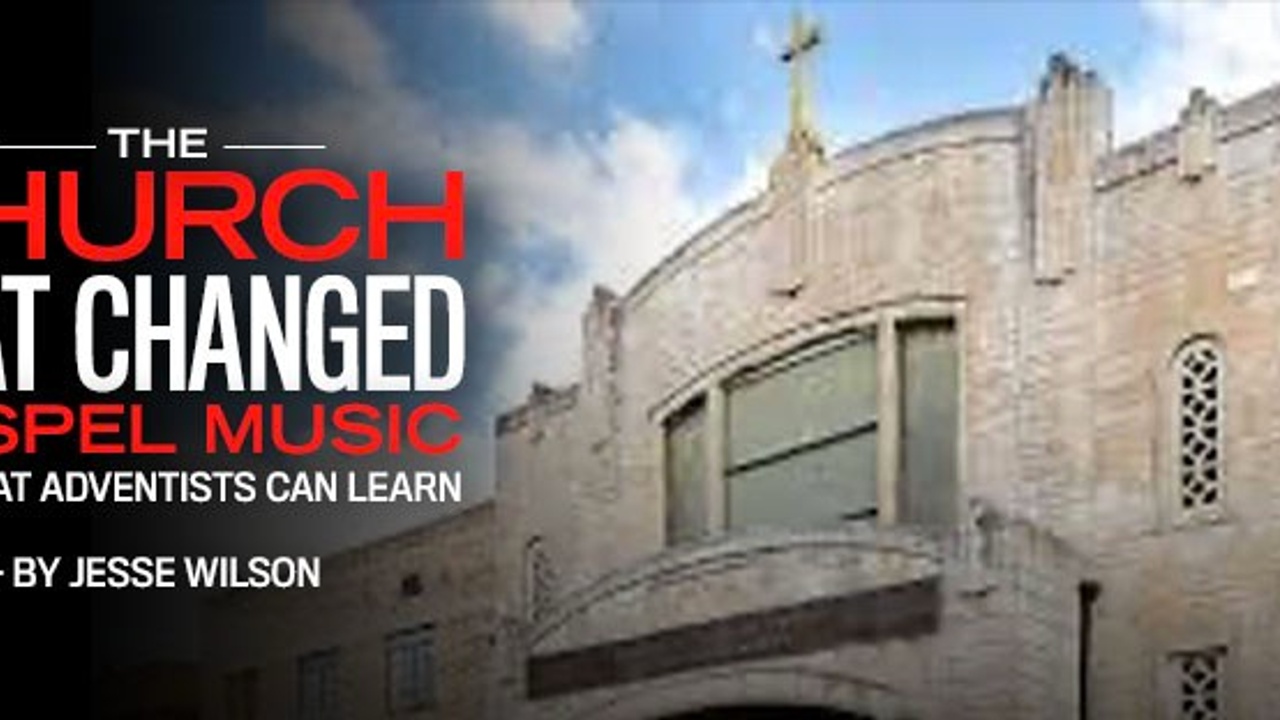
In early 2019, a buzz was building in the music industry about Kanye West’s new gospel choir. The choir was the center attraction of the rap icon’s “Sunday Services.” I heard so many rave reviews about the choir and its “unique sound,” that I went to You Tube to hear for myself.
I had barely pushed play before I recognized the “unique sound.” I heard it for years at Bishop Carlton Pearson’s Azusa conventions and on Sunday mornings at the West Angeles Church of God in Christ in Los Angeles. The director of the Sunday Services choir is Jason White, the former minister of music at West Angeles.
It’s the COGIC musical influence. We explored it last week in our first blog. (https://bit.ly/3hMGoLM) It’s no accident that many of the pioneers of contemporary gospel music are products of that Memphis based, Pentecostal denomination; The Winans, Andrae Crouch, Edwin and Walter Hawkins, The Clark Sisters, and many others.
What is it about the COGIC experience that birthed such musical genius? Like all denominations, Church of God in Christ churches are not monolithic. But these are some characteristics of the COGIC music tradition that we can learn from.
They developed their young people
There is something that the Clarks Sisters, the Hawkins, and the Winans have in common. Not only are they family, but they all began singing together in the church as children. Andrae Crouch began playing for Christ Memorial Church of God in Christ at the age of 11, wrote his first song at 14. COGIC musical talent was cultivated and promoted early.
And not only that, when their musical talent blossomed, the church got behind their own artists financially, even in controversy. When the Clark Sisters released the hit song ‘You Brought the Sunshine,” it created a problem with many COGIC leaders. Same with Edwin Hawkins and “Oh Happy Day.” But it never stopped the larger church from supporting, promoting, and buying their product. We can learn from that.
They were given freedom to fail
Nothing kills creativity like an atmosphere of judgement. Especially among young people. I can remember the early days of gospel music in the Adventist church, when members armed with quotations from brown books, would literally walk out on a children’s choir if they got “too worldly.” Unfortunately many of those young people and musicians returned the favor and walked away from the church.
COGIC kids were given the freedom musically to struggle in a supportive atmosphere until they got better. And they did. I remember some early performances by the Clark Sisters that were painful. But the crowd was on their feet, encouraging them as if it was the best thing they’d ever heard. We can learn from that.
They reflected their theology in their lyrics
COGIC lyrics were generally marked by simplicity and repetition, but they reflected their Pentecostal beliefs. To this day the lyrics of COGIC artists often reflect points of their theology that Christians of other faith traditions disagree with, including Adventists. That can be a problem when the songs are popular and praise teams adopt them. It illustrates why it is essential for Adventists to identify and support their own gifted writers and composers.
The Black Adventist Musical Heritage
Finally, last week we noted that Black Adventist musicians are recognized and respected in ways that we often underestimate. I see it whenever I attend ecumenical conferences. These are 4 words that often come up about Adventist music:
- Harmony – It has been said that the issues that Adventists had with drums, indirectly contributed to a culture of rich harmonies and acapella music.
- Hymns – Black Adventists have always had a reputation for valuing hymns.
- Training – True or not, black Adventists are thought to put more emphasis on early vocal and instrumental training.
- Excellence – This characteristic comes up frequently from Adventists and non-Adventists alike. This emphasis on excellence has been both a blessing and a curse.
Black Adventists and the Church of God in Christ both have rich musical histories that are a gift to the body of Christ. We can learn from each other.
What can black Adventists do today to continue and strengthen our musical heritage?

